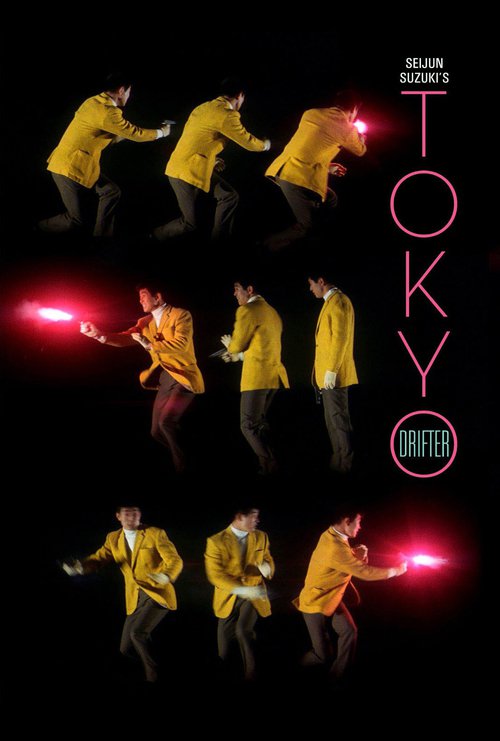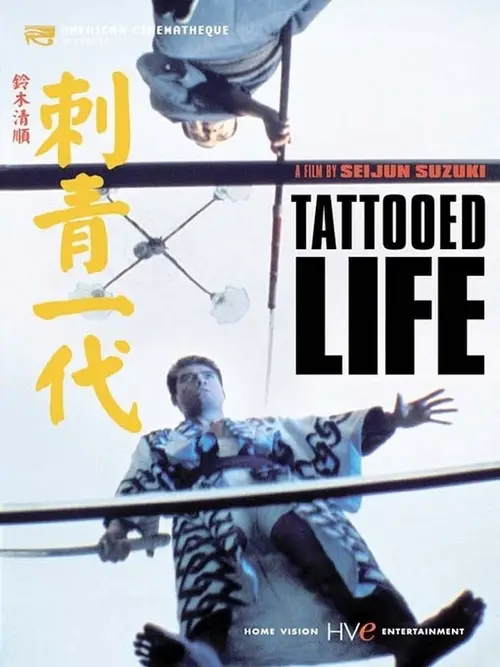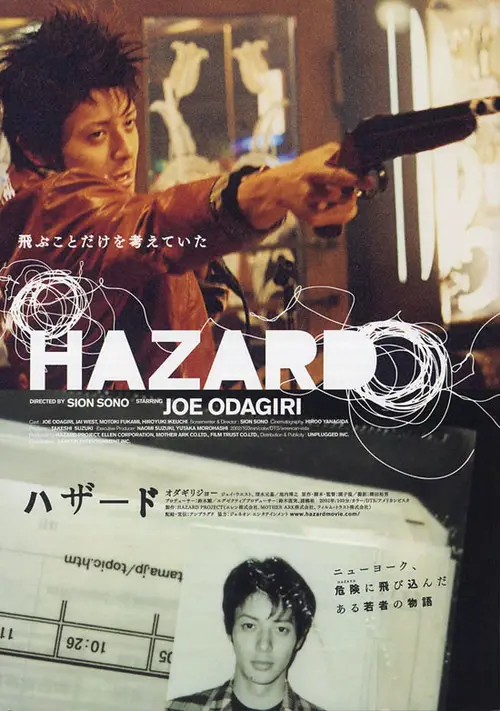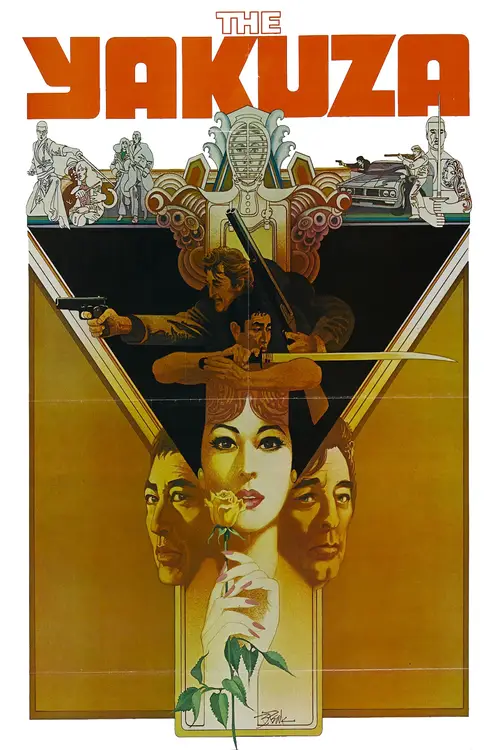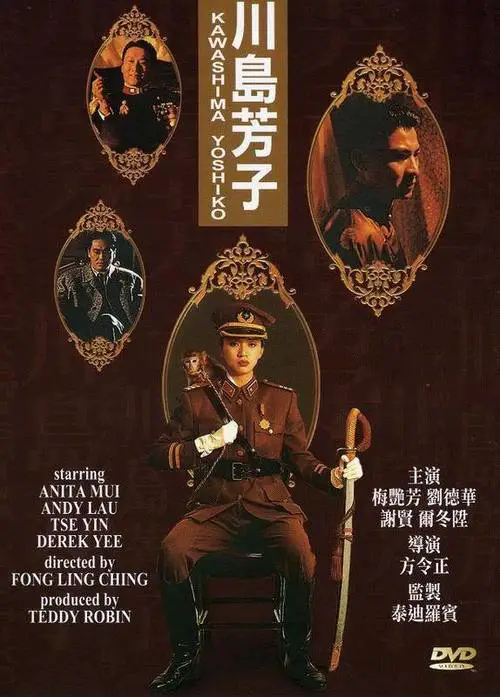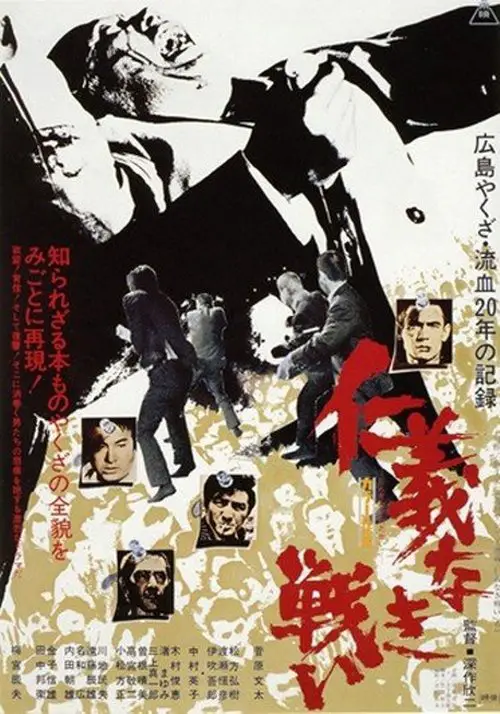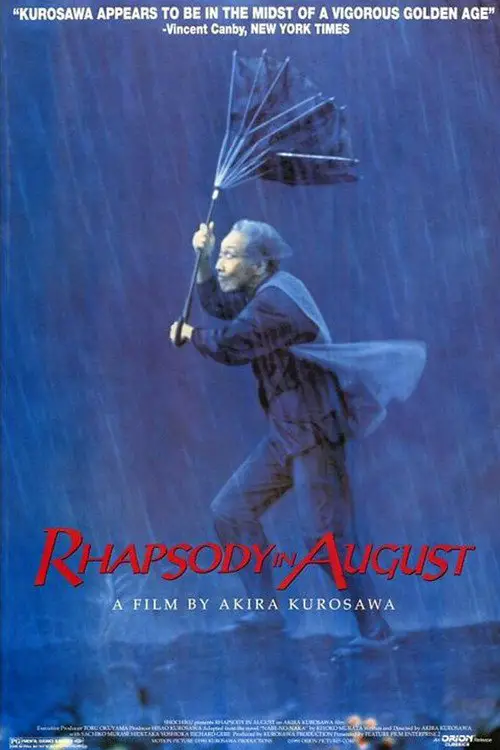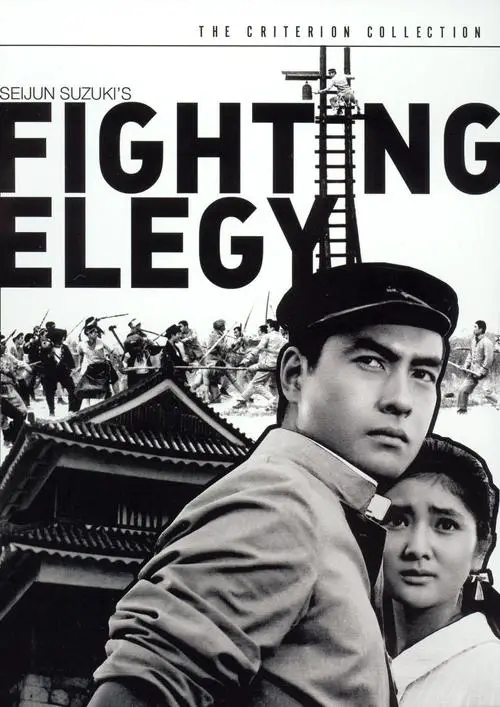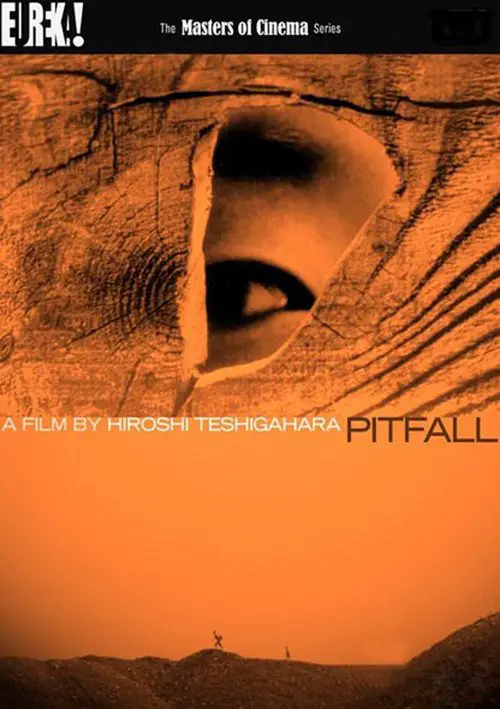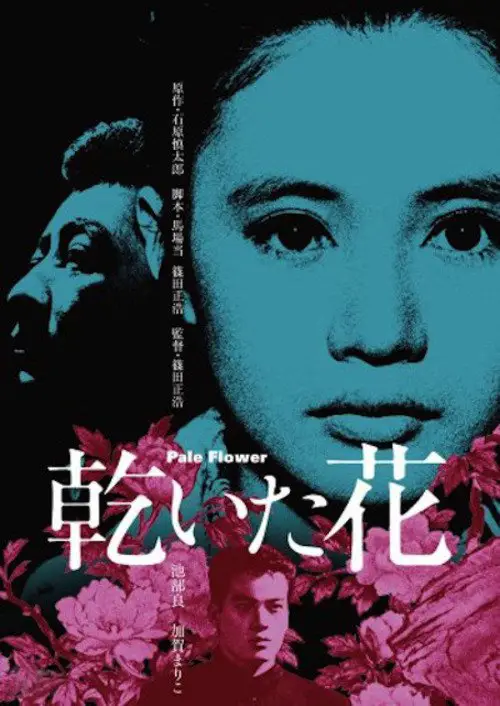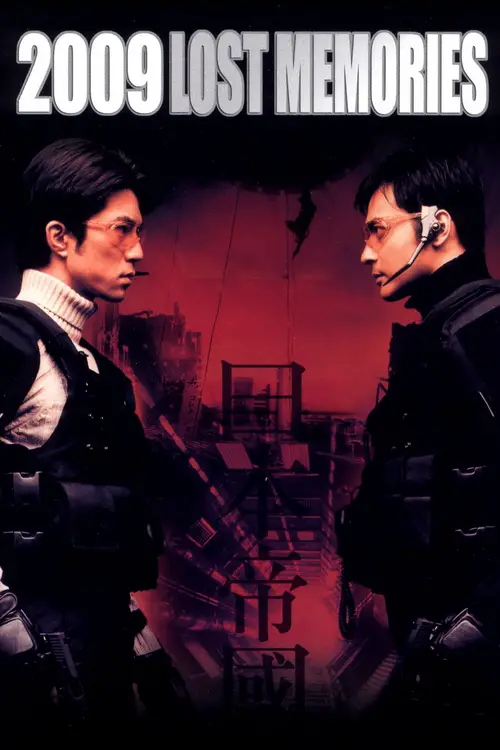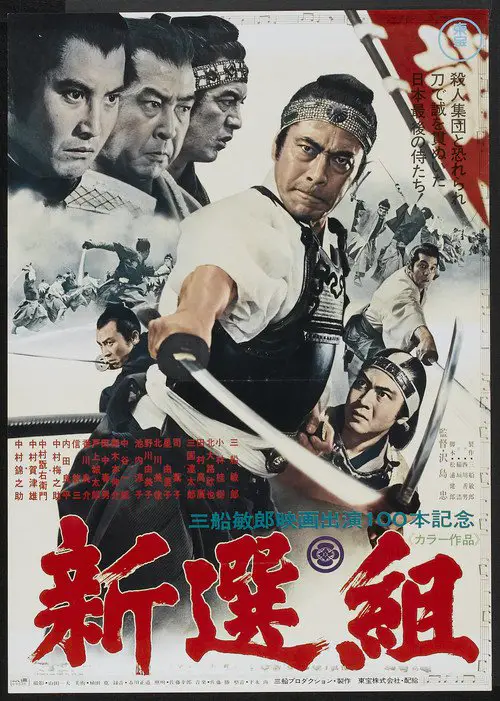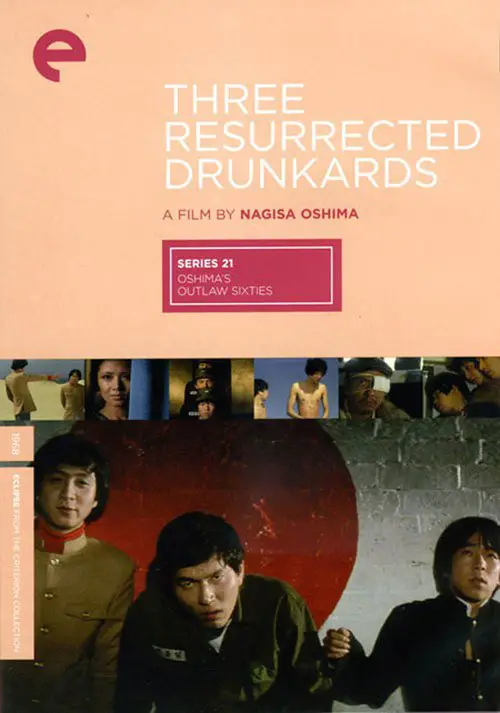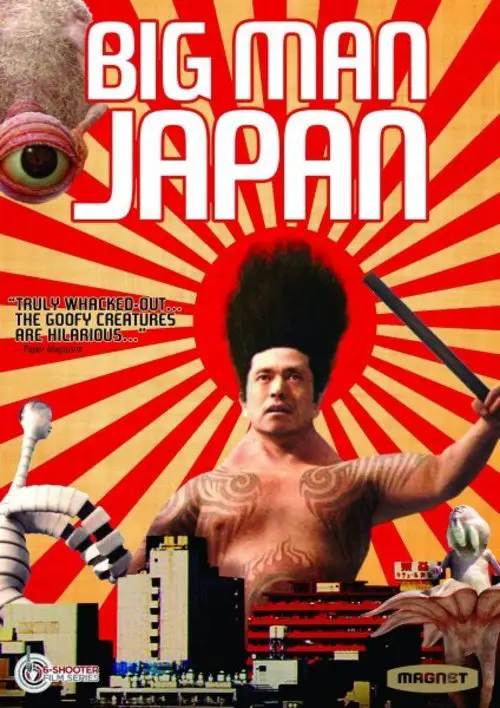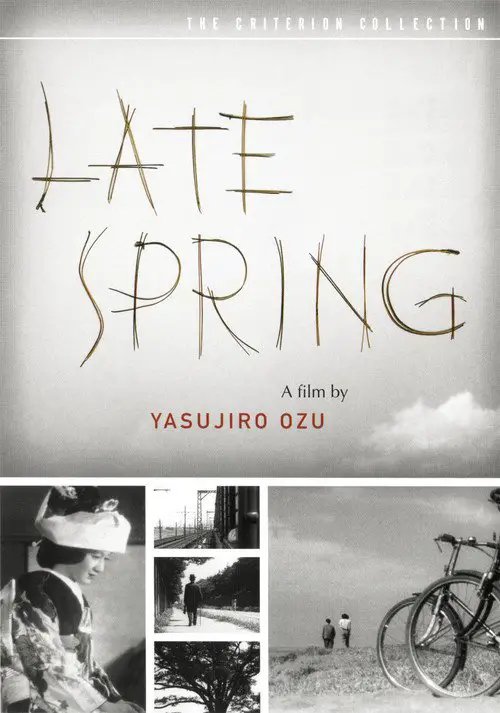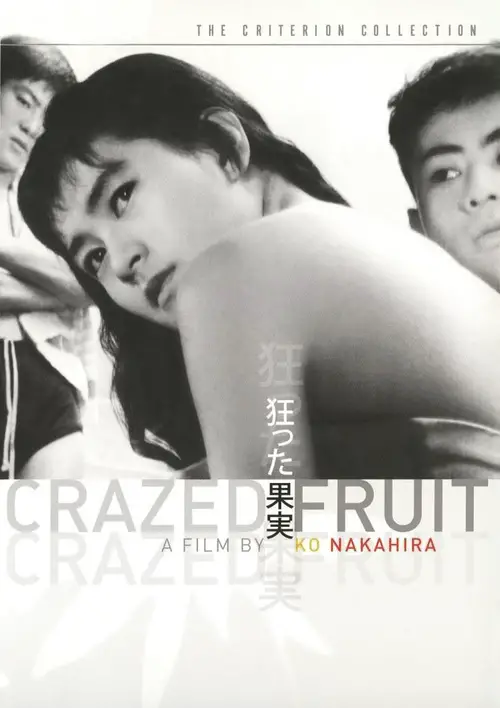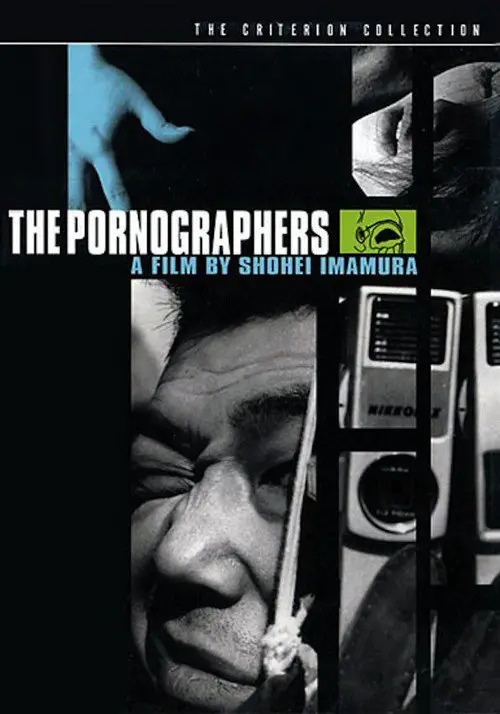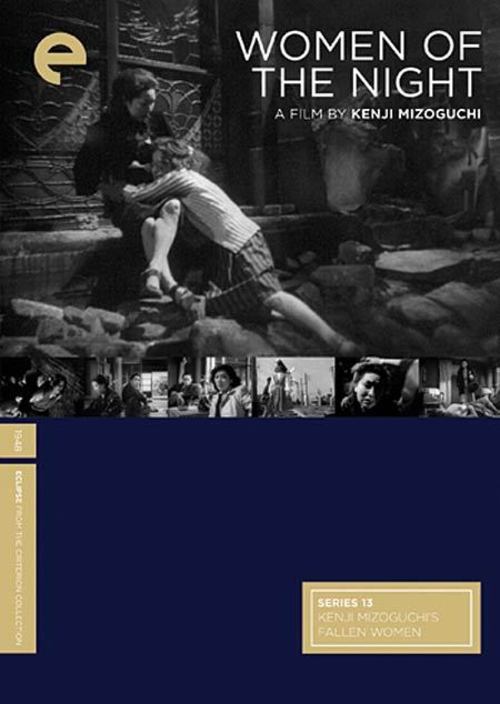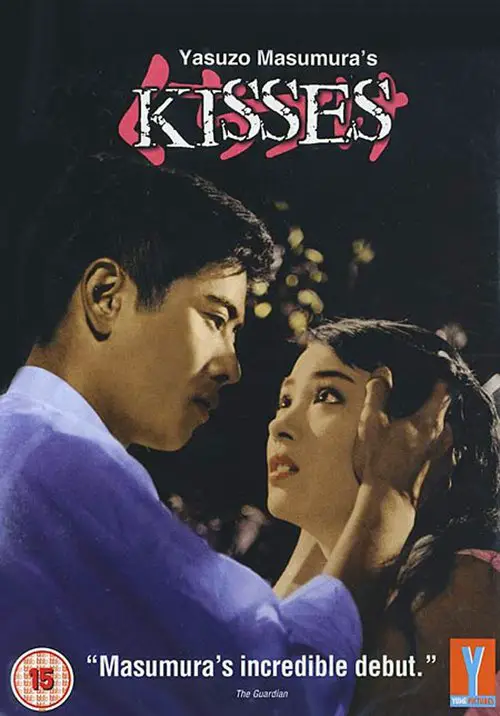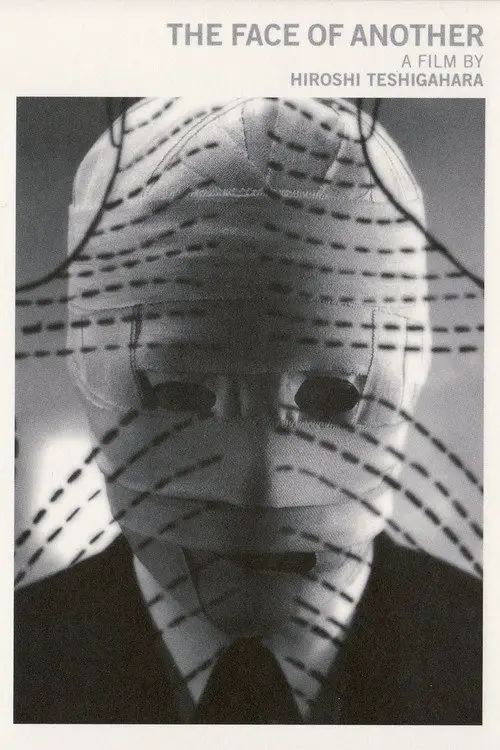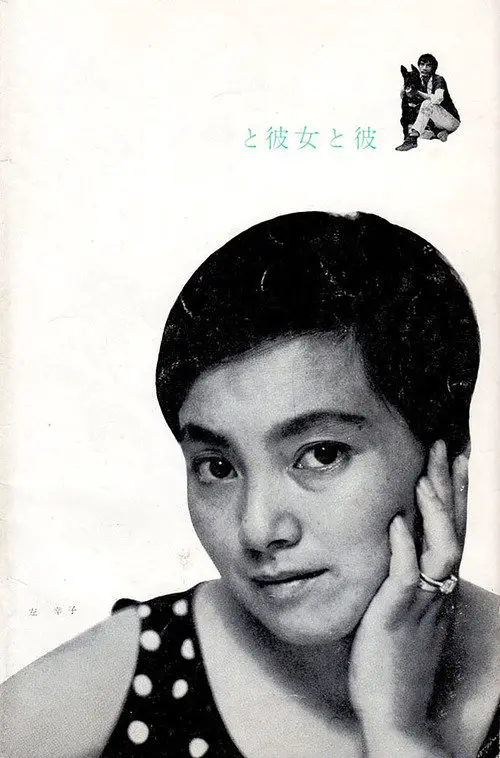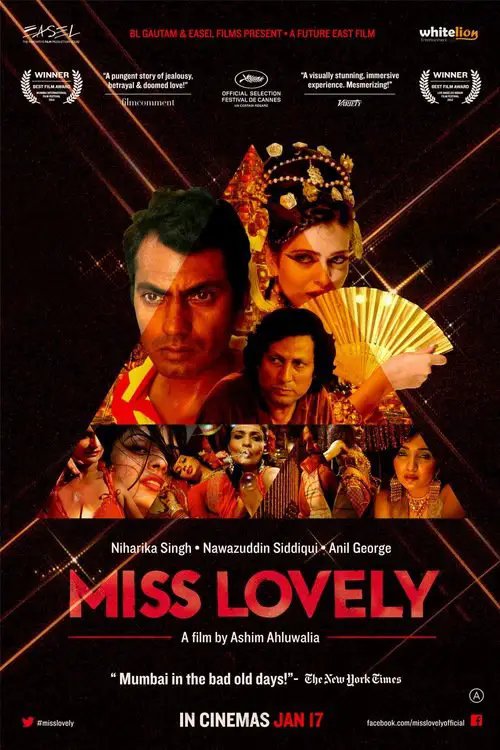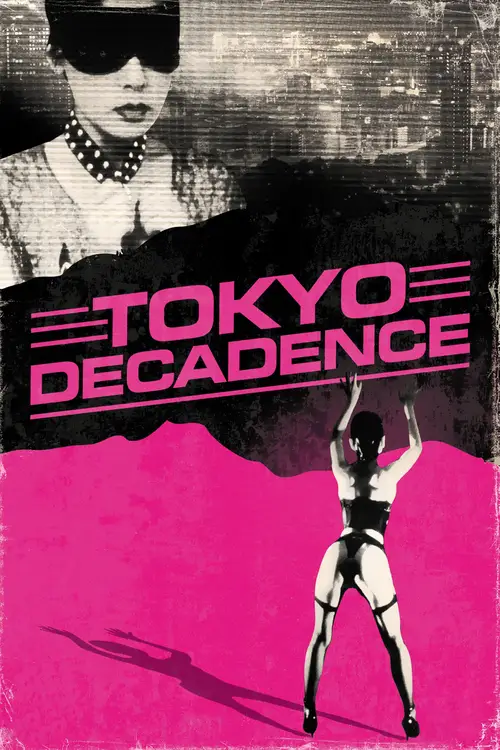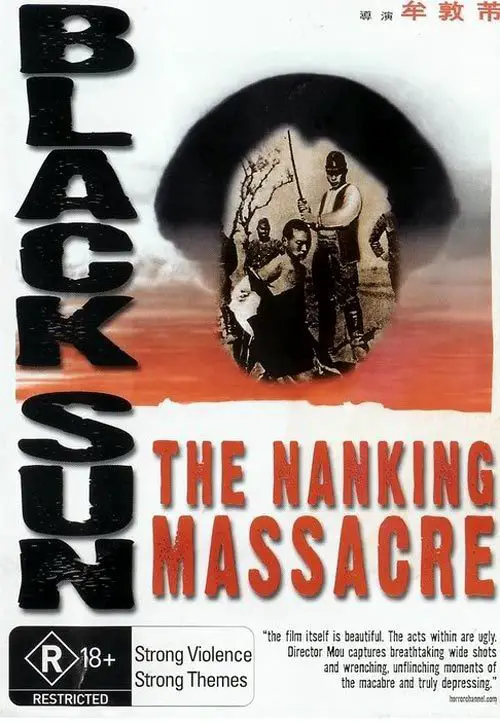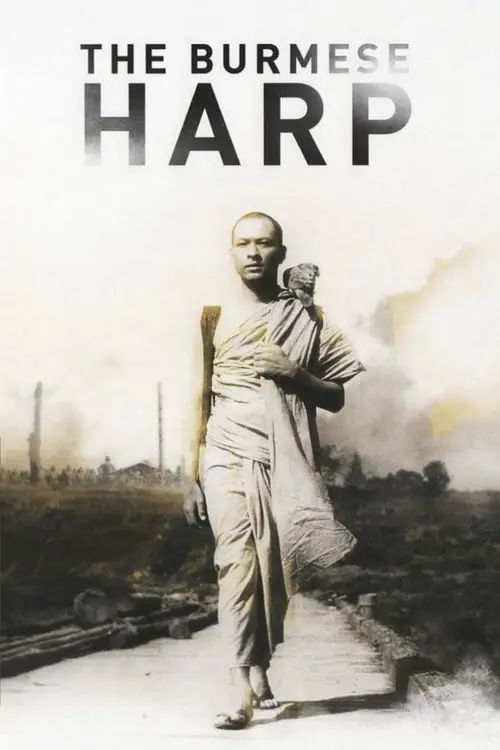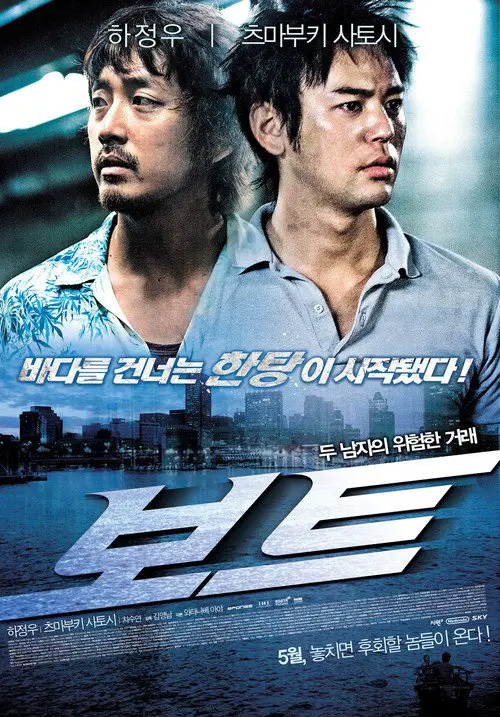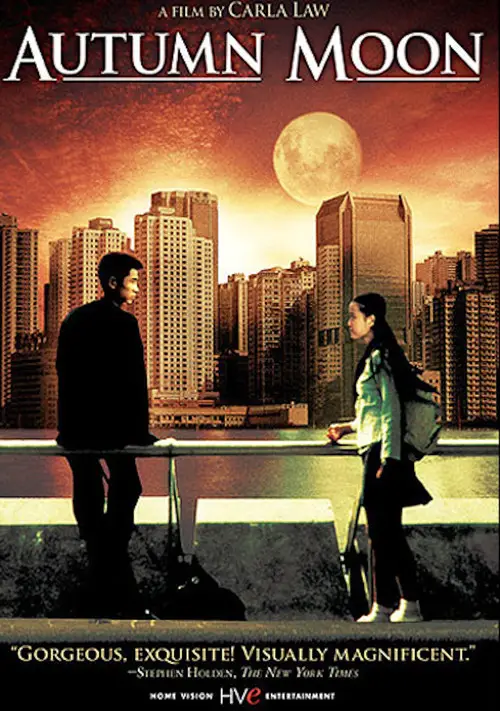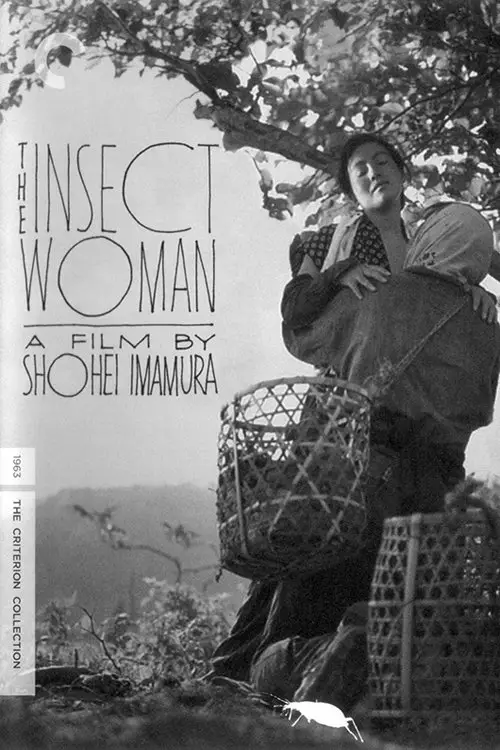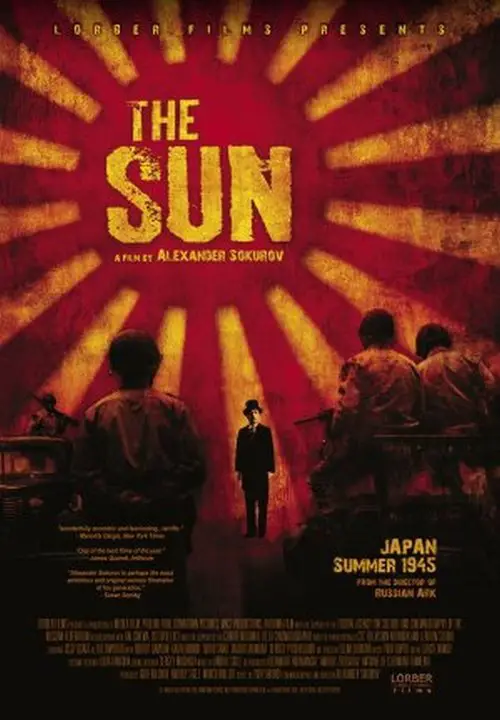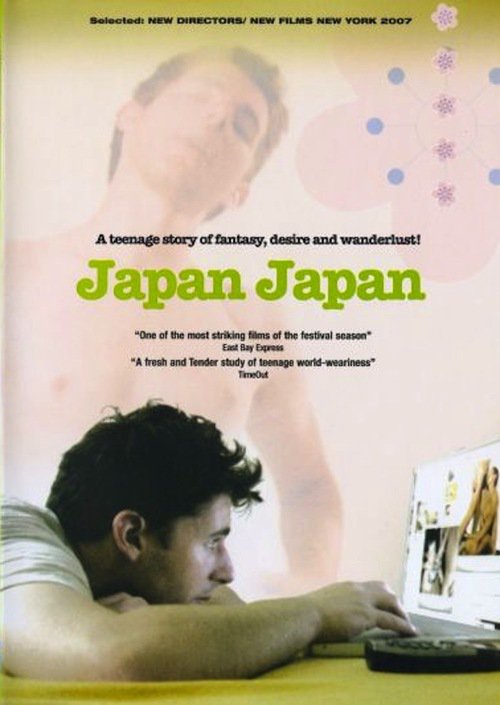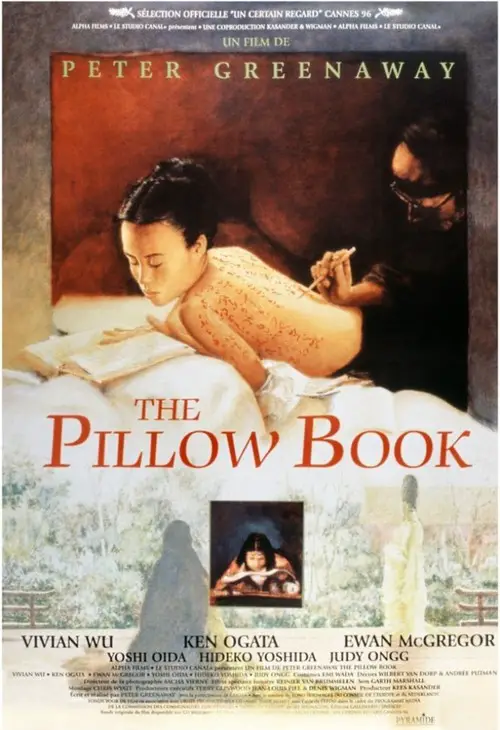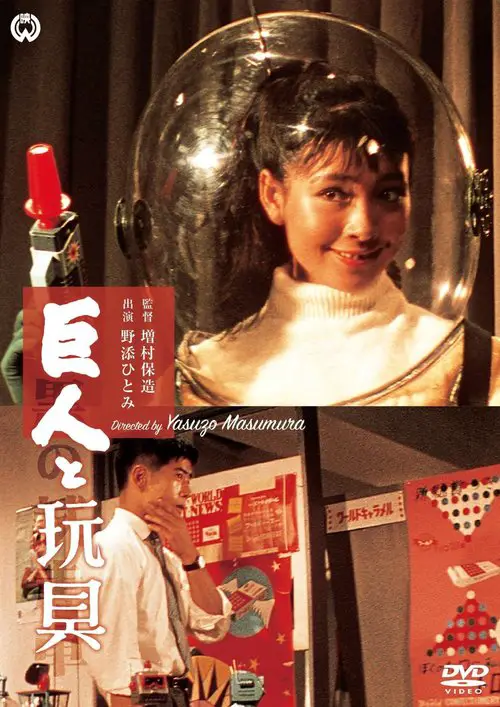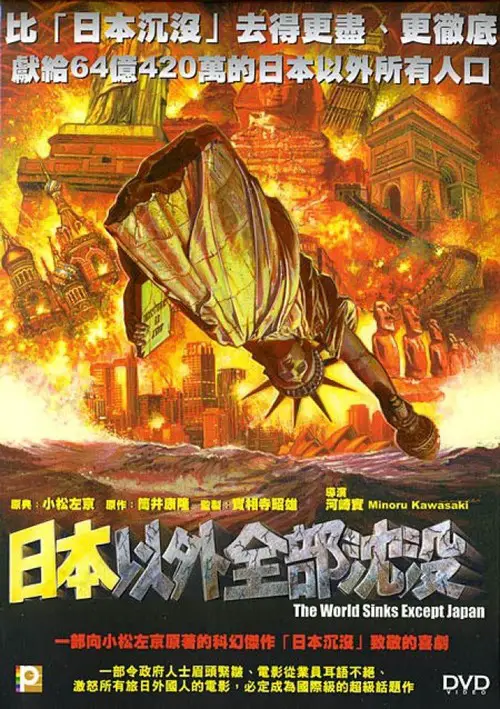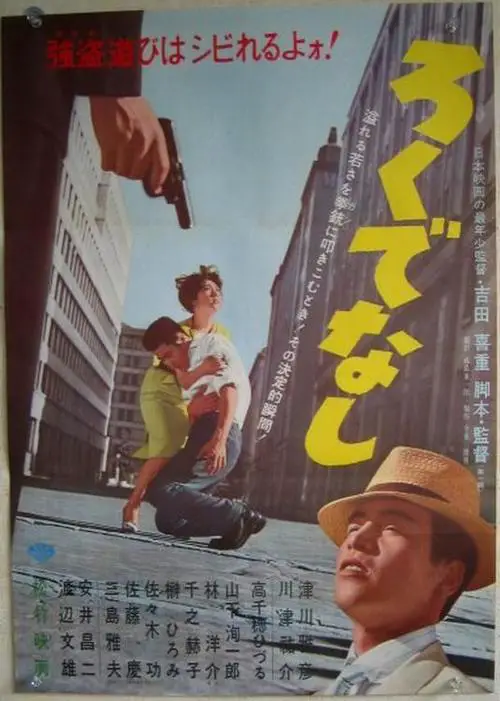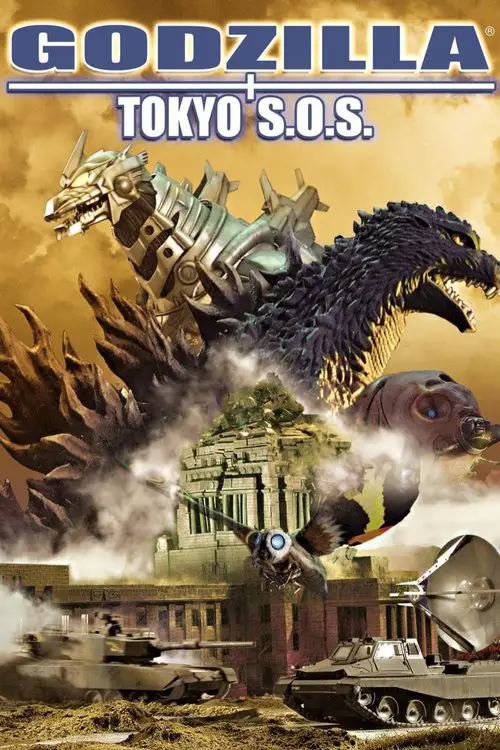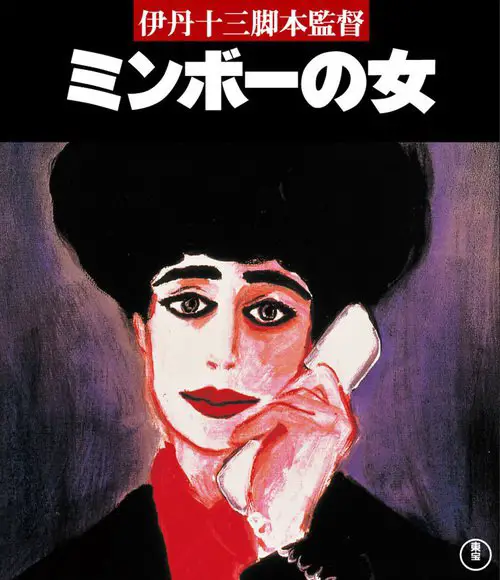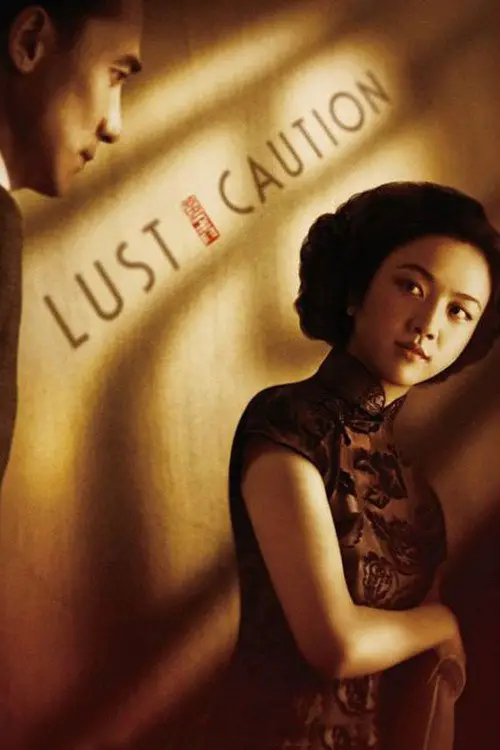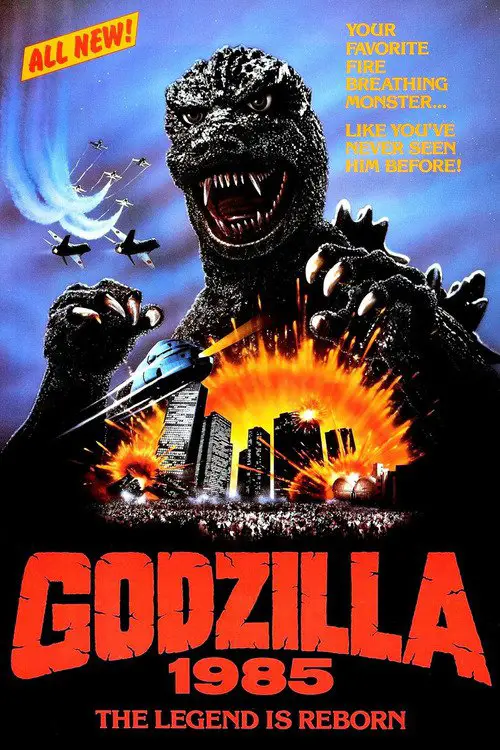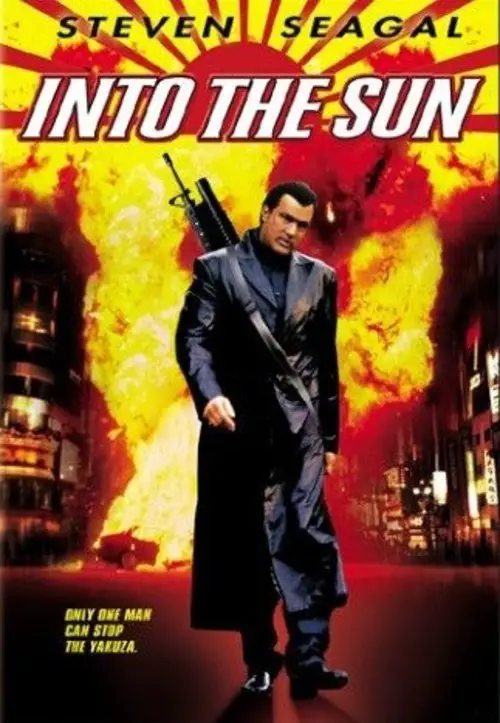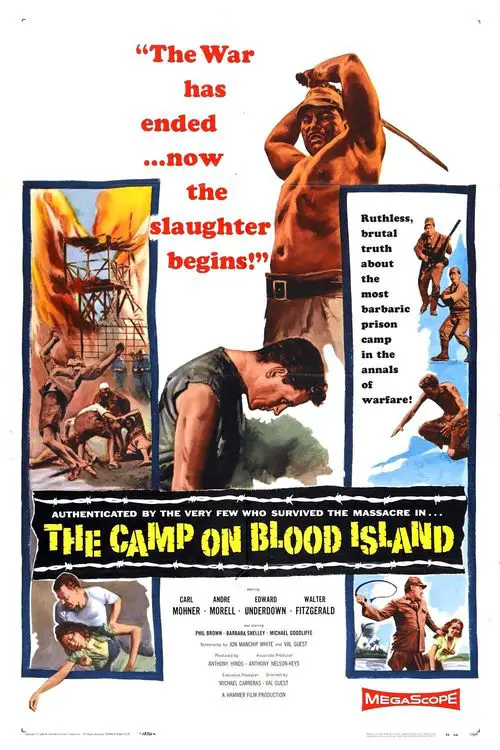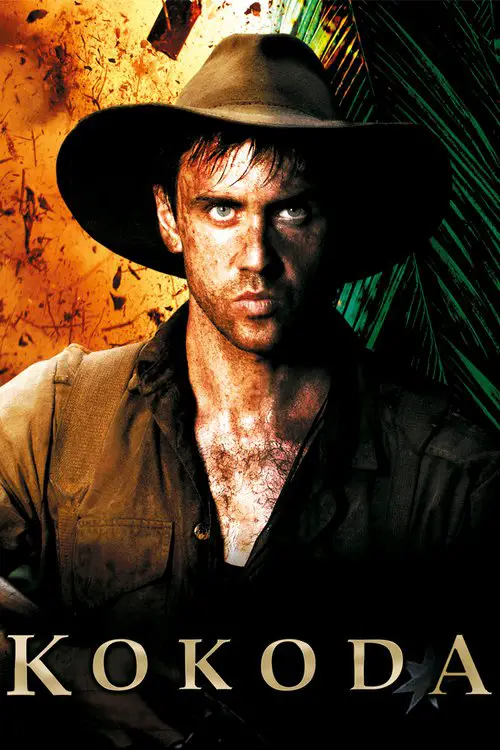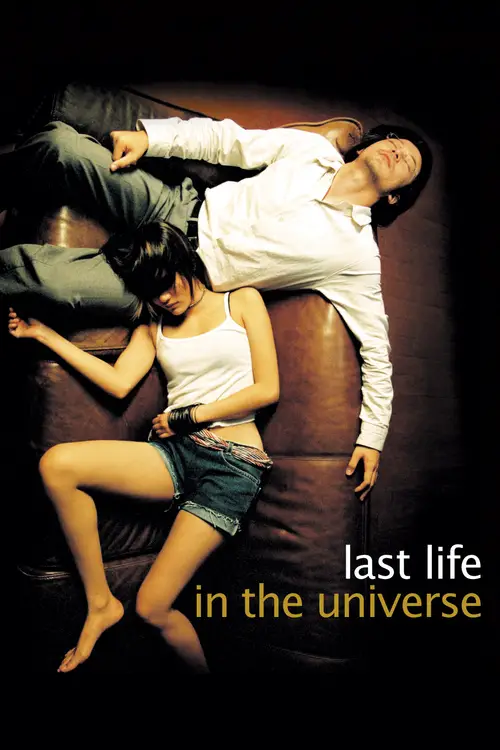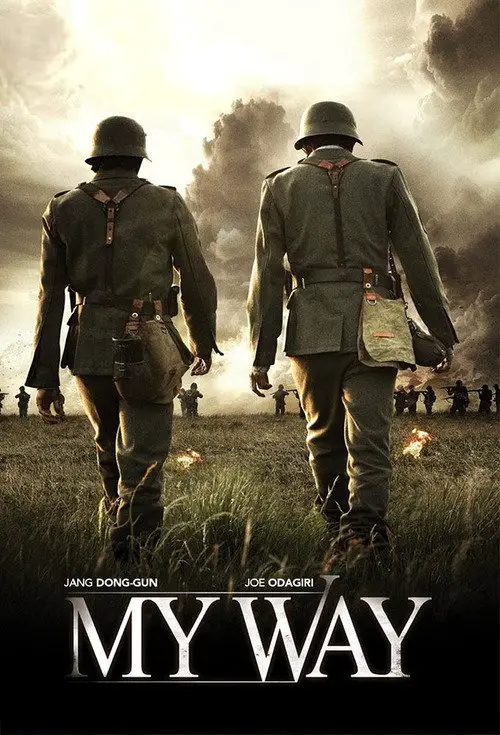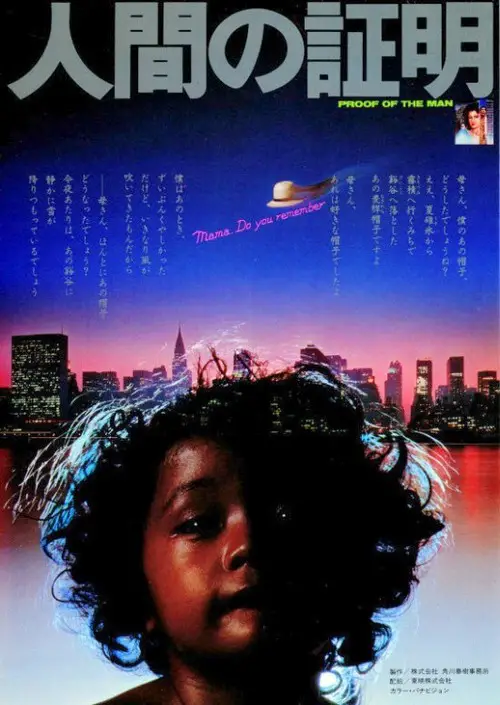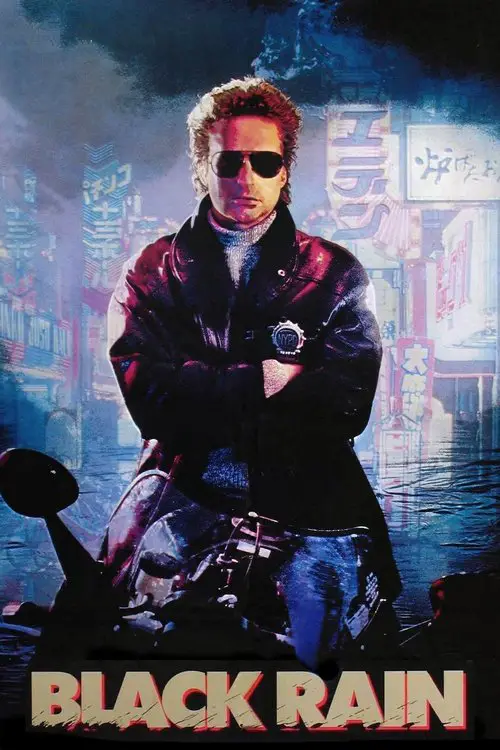Pigs and Battleships (1961)
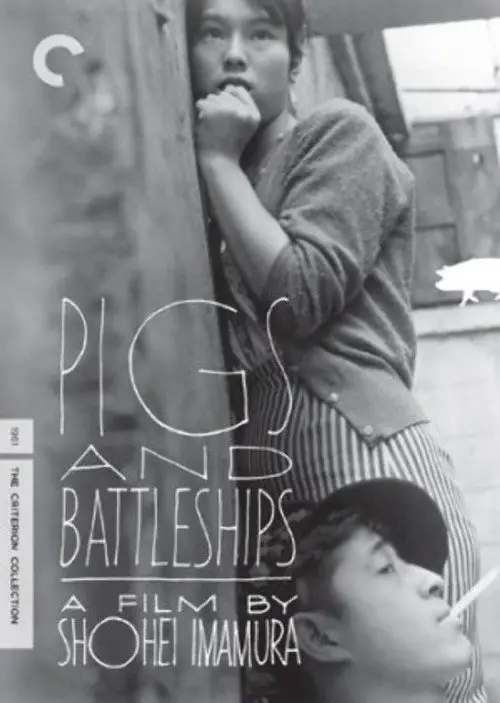
Similar movies
âTattooed Life' begins with a parasol wielding Yakuza assassin attacking a rickshaw. It almost looks like feudal Japan until somebody pulls a gun and we're reminded that it's the 20th century. Post-shooting, the assassin delivers his bounty to his brother (to pay for his art school education) before getting ambushed in one of the few rickshaw-jacking incidents in film history, and being rescued by his art-student brother. In the aftermath, one brother is marked for death by the Yakuza, and the other brother won't go to art school with blood on his hands, so they decide the perfect way to deal with such hardships is to become fugitive construction workers in northern Japan . And why not?
Kawashima Yoshiko was originally the 14th daughter of Emperor Xu. She was sent to Japan to train in the ways of the Samurai but lost her virginity to Samurai. She then married a Mongolian prince and set her mind to fight for the independence of Mongolia but the marriage failed. Arriving Shanghai, she met an opera singer Wan Hoi. Because of her beauty and background, she achieved a great deal, including successfully smuggled a Queen, Yuen Yung and helped Pu Yi to establish Manchuria. Unexpectedly, she met up again with Wan Hoi, who was the number one singer at that time but also part of the rebel force, and tried to unsuccessfully assassinate Yu-Yeh resulting in his own death. Yoshiko saved him but he could not be bought, so she set him free without Japanese' permission. The Japanese were dissatisfied and eventually she was exiled back to Japan. She later returned to China. However, because of the lost of Japan, she got arrested and executed. (Joy Sales)
In Okayama in the mid-1930s, Kiroku attends high school and boards with a Catholic family whose daughter, Michiko, captures his heart. He must, however, hide his ardor and other aspects of his emerging sexuality, focusing his energy on a gang he joins, breaking school rules, and getting into scuffles (he tells her, "Oh, Michiko, I don't masturbate, I fight"). He comes under the influence of a young tough nicknamed Terrapin, and together they lead fights against rival gangs. Gradually, Kiroku and Terrapin align themselves with the right-wing Kita Ikki, and Kiroku becomes a stand-in for the attitudes of Japanese youth who embraced the imperialism leading to World War II.
Muraki, a hardboiled Yakuza gangster, has just been released from prison after serving a sentence for murder. Revisiting his old gambling haunts, he meets Saeko, a striking young upper-class woman who is out seeking thrills, and whose presence adds spice to the staid masculine underworld rituals. Muraki becomes her mentor while simultaneously coping with the shifts of power that have affected the gangs while he was interred. When he notices a rogue, drug-addicted young punk hanging around the gambling dens, he realizes that Saeko's insatiable lust for intense pleasures may be leading her to self-destruction.
There are breakpoints in the history, the result of a single event may change the whole course. In 1909, an assassination attempt of a Japanese governor fails. Now, in 2009, Korea is just another state of Japan's Empire & Seoul has become a major city. A Korean resistance group fights for liberty, independence & the restoration of true history. Two cops, Japanese & Korean, investigate the group.
Near the end of the nineteenth century, as the balance of power shifts from Shogunate towards the Emperor, Japan restlessly awaits the dawning of a new age. But not all are content...The Shinsengumi, a small army of samurai, farmers and peasants, band together to do battle against the tide of history. Their leader, Isami Kondo (Mifune) is a man who rises from farmer to fighter to head the fierce Shinsengumi brigade. Using a stern hand and a heart of gold, he rallies his men in defense of the tottering Shogunate. But bloodshed and treachery lurk around every corner.
Hubert is a French policeman with very sharp methods. After being forced to take 2 months off by his boss, who doesn't share his view on working methods, he goes back to Japan, where he used to work 19 years ago, to settle the probate of his girlfriend who left him shortly after marriage without a trace.
In this hilarious mockumentary, middle-aged Daisato (Hitoshi Matsumoto) -- a second-rate, third-generation superhero -- annoys his neighbors with the noise and destruction he causes on the job. But a heroic public image is the least of his concerns. Besides defending Japan from bizarre monsters, he must deal with an agent seeking to brand him with ads, a superhero grandfather with Alzheimer's and a family embarrassed by his incompetence.
Snehmoy (Rahul Bose) and Miyage (Chigusa Takaku) are pen friends who exchange wedding vows through letters. Fifteen years pass but they never meet. Yet the bond of marriage is strong between them. This unusual relationship comes under a cloud when a young widow, Sandhya (Raima Sen), comes to stay with Snehmoy along with her eight-year-old son Poltu. Snehmoy and the little boy bond and the arithmetic teacher discovers the joy of palpable bonds and fatherhood. There develops an inexplicable thread of understanding with Sandhya too. But Snehmoy remained loyal to his unseen Japanese wife. When Miyage was ill from cancer, he took a long leave from his school and tried his best to find a cure for the illness. Meanwhile, malaria took a toll on him and he died. Coming of Miyage in a white sari to Sunderbans after his departure was really touching.
In the post-WWII Japan, the twenty-seven year-old Noriko Somiya lives a simple but happy life with her fifty-seven year-old widower father, the college professor Shukichi Somiya in the suburb of Tokyo. Noriko has recovered from a disease she had during the war, and her aunt Masa Taguchi and her friend Aya Kitagawa press her to get married. However, Noriko would rather stay single and taking care of her beloved father. When Masa finds a promising fiancé to Noriko, she tells that her father will remarry sooner, forcing the reluctant Noriko to take a decision.
Mr. Ogata lives a complicated life: he's is a pornographer making two skin flicks per day and trying to stay beneath the radar screen of the local mob; he deeply loves his ailing wife Haru who's cursed by the restless spirit of her dead first husband; he also has a mistress, a step-son who wants to go to university, and a step-daughter entering adolescence. He lusts after his step-daughter, and he asks Haru if he can marry her. Haru agrees to his plan, signs over her business to him, and a crisis ensues when Ogata uses her nest egg to buy equipment so he and his pals can set up their own film processing lab. Surreal images and events weave their way into Ogata's life.
Kinichi and Akiko meet when they visit their fathers in prison. After successfully gambling on a bicycle race, they spend an enjoyable day together at the beach. Akiko, who tries to make money as an artist's model to pay for her mother's medical expenses, now has to find 100,000 yen to pay off the company from which her father embezzled. Kinichi also requires 100,000 yen as bail for his father, who is accused of election fraud. Kinichi tries to borrow 100,000 yen from his mother, whom he has not seen for three years.
Black Sun: The Nanking Massacre, also called Men Behind the Sun 4, is a 1994 Hong Kong film directed by Mou Tun Fei and is in many ways considered to be a follow up to the 1987 shockumentary film, Men Behind the Sun. The movie depicts the events behind the Nanking Massacre committed by the Imperial Japanese army against Chinese citizens and refugees during the Second Sino-Japanese War. Like Men Behind the Sun, the film was both criticized and praised for its brutal portrayal of the Japanese atrocities, such as the notorious contest to kill 100 people using a sword, during the early and late stages of World War II, but at the same time was questioned over historical accuracy and violence which gave the film a more exploitation feel to it.
Hyeong-gu (Ha Jung-Woo), a young Korean, visits Japan by boat three or four times a month to help with middle-aged Bo-gyungâs smuggling business. It is always Tooru (Satoshi Tsumabuki), a young Japanese man, who welcomes him there. Hyung-gu and Touru sacrifice themselves for the sake of their families, money, and friendship. One day, Bo-gyung orders them to kidnap a woman named Ji-su (Cha Su-Yeon) and take her to Japan, and this changes their future in an unexpected way.
The Sun (Russian: СóлнÑе, Solntse) is a 2005 Russian biographical film depicting Japanese Emperor ShÅwa (Hirohito) during the final days of World War II. The film is the third drama in director Aleksandr Sokurov's trilogy, which included Taurus about the Soviet Union's Vladimir Lenin and Moloch about Nazi Germany's Adolf Hitler.
Fresh out of the Israeli army, gay 19-year-old Imri moves to Tel-Aviv, but he's got a bad case of "yellow fever" and dreams of relocating to Japan. When he's not searching for porn, Imri hangs with his friend, works a low-paying job or sleeps around. The work of first-time feature film director Lior Shamriz, this provocative movie offers clever dialogue and strong performances.
Yoshida's first feature follows the lives of young students against a background of jazz, emptiness and boredom. The plot is fairly simple: a "good-for-nothings" from a poor background falls in love with the young secretary of his rich friend's father. The woman senses good in him and tries to lead him on the right path. But to paraphrase Roger Ebert: it's not what a film is about but how it is about it. In the case of Rokudenashi, beautiful lighting and composition highlight this early work of the Japanese New Wave
Forty-two years after her first visit in Tokyo, Mothra returns to warn mankind that they must return Mechagodzilla, along with Godzilla's bones, to the sea, for the dead must not be disturbed. If not, dire consequences will follow. However, Godzilla is once again on the rampage, and Mechagodzilla is Japan's only defense.
MOON CHILD follows a group of childhood friends as they advance in a futuristic criminal underworld. Sho feels he is doomed to walk in his idol Kei's footsteps as a vampire with the gift of eternal life and the curse of blood thirst. Over time, their tight friendship becomes corrupted because of their rivalry and love for the same woman.
When a western Pennsylvania auto plant is acquired by a Japanese company, brokering auto worker Hunt Stevenson faces the tricky challenge of mediating the assimilation of two clashing corporate cultures. At one end is the Japanese plant manager and the sycophant who is angling for his position. At the other, a number of disgruntled long-time union members struggle with the new exigencies of Japanese quality control.
A grand old Japanese hotel is trying to get a prestigious contract as the site of a summit meeting of important foreign officials. Unfortunately, this hotel is quite popular with the Yakuza (Japanese gangsters) and is a favorite target of theirs for extortion. They employ a variety of schemes to con the hotel out of 'hush-money.' The hotel needs to rid itself of the Yakuza and finally begins to fight back by hiring Mahiru Inoue, a lawyer who is an expert at dealing with these criminals on their own terms. This film by Juzo Itami combines action with farce, as an all-out war ensues. Written by Tad Dibbern
In the summer of 1941, the United States and Japan seem on the brink of war after constant embargos and failed diplomacy come to no end. "Tora! Tora! Tora!", named after the code words use by the lead Japanese pilot to indicate they had surprised the Americans, covers the days leading up to the attack on Pearl Harbor, which plunged America into the Second World War.
Originally released in Japan simply as "Gojira" in 1984, this is the heavily re-edited, re-titled "Godzilla 1985". Adding in new footage of Raymond Burr, this 16th Godzilla film ignores all previous sequels and serves as a direct follow-up to the 1956 "Godzilla King of the Monsters", which also featured scenes with Burr edited into 1954's "Gojira". This film restores the darker tone of the original, as we witness the nuclear destruction of giant lizard terrorizing Japan.
After the assassination of Tokyo's Governor by Yakuza members, the CIA bureau chief (William Atherton) for Tokyo puts out a call to an agent (Steven Seagal) that had been raised in Japan and trained by ex-Yakuza. Using his former ties, he quickly determines that a war is brewing between old-guard Yakuza members and a young, crazed leader (Takao Osawa) with ties to the Chinese Tong.
Set in a Japanese prisoner of war camp during World War II, the film focuses on the brutality and horror that the allied prisoners were exposed to as the Japanese metered out subjugation and punishment to a disgraced and defeated enemy. This harrowing drama concentrates on the deviations of legal and moral definitions when two opposing cultures clash. Although fictional, this was one of the earliest films to deal realistically with life and death in a Japanese prisoner-of-war camp during the Second War.
A humble and simple Takezo abandons his life as a knight errant. He's sought as a teacher and vassal by Shogun, Japan's most powerful clan leader. He's also challenged to fight by the supremely confident and skilful Sasaki Kojiro. Takezo agrees to fight Kojiro in a year's time but rejects Shogun's patronage, choosing instead to live on the edge of a village, raising vegetables. He's followed there by Otsu and later by Akemi, both in love with him. The year ends as Takezo assists the villagers against a band of brigands. He seeks Otsu's forgiveness and accepts her love, then sets off across the water to Ganryu Island for his final contest.
Eddie Kenner (Robert Stack) is given a special assignment by the Army to get the inside story on Sandy Dawson (Robert Ryan), a former GI who has formed a gang of fellow servicemen and Japanese locals. They use their muscle to take over Tokyo's pachinko racket and commit a series of train robberies, targeting deliveries of military ammunition.
An obsessive-compulsive Japanese librarian living in Bangkok spends most of his days contemplating suicide in his lifeless apartment. His life changes when he witnesses the death of Nid, seconds before he was about to jump off a bridge. This brings him in contact with Nid's elder sister Noi - these two lost and lonely souls help each other find the meaning to their meaningless existences.
Nathan Algren is an American hired to instruct the Japanese army in the ways of modern warfare -- in this lush epic set in the 1870s, which finds Algren learning to respect the samurai and the honorable principles that rule them. Pressed to destroy the samurai's way of life in the name of modernization and open trade, Algren decides to become an ultimate warrior himself and to fight for their right to exist.
Inspired by a true story. Jun Shik works for Tatsuo's grandfather's farm while Korea is colonized by Japan, but he has a dream to participate in Tokyo Olympics as a marathon runner. Tatsuo also aims to become a marathon runner, so the two are in rivalry. But war breaks out and they both are forced to enlist in the army. Tatsuo becomes the head of defense in Jun Shik's unit and he devises a scheme but fails. Jun Shik and Tatsuo are captured by the Soviets. They run away but soon are captured by Germans and forced to separate. In 1944, they meet again at the shores of Normandy.
Two New York cops get involved in a gang war between members of the Yakuza, the Japanese Mafia. They arrest one of their killers and are ordered to escort him back to Japan. In Japan, however, he manages to escape. As they try to track him down, they get deeper and deeper into the Japanese Mafia scene and they have to learn that they can only win by playing the game the Japanese way.
© Valossa 2015–2026
| Privacy Policy
